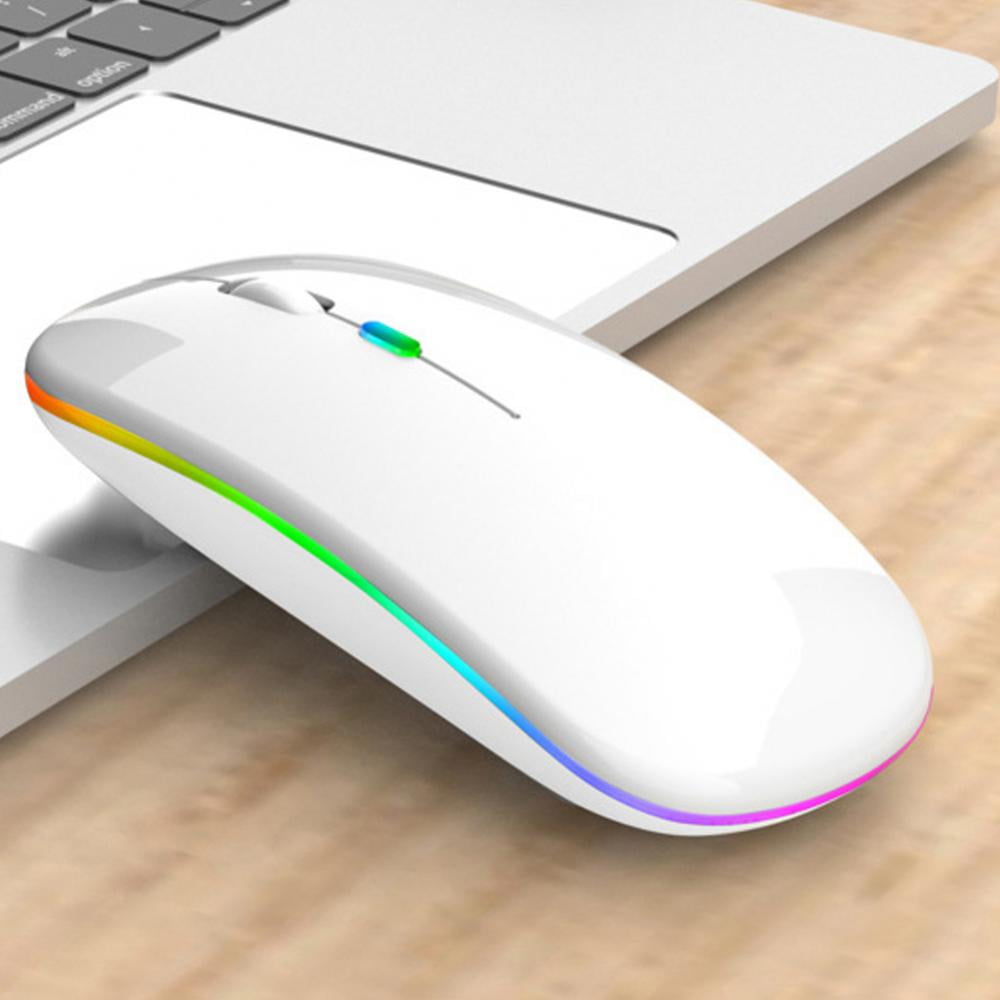
With the release of the iMac in 1998 the mouse became available in an array of translucent colors. Nevertheless, it was still a tool available only in corporate gray or (rarely) black. In 1993 Apple redesigned the package to be egg-shaped, which was widely copied throughout the industry. Not much later, it was redesigned to be slightly angular along the top this mouse is commonly called the "trapezoid mouse" for its slight trapezoid shape on the bottom. The original mouse was essentially a rectangular block of varying beige and gray color and profile for about a decade. With the single button mouse design established for almost 25 years, the history of the Apple Mouse is basically a museum of design and ergonomics. With the design complete, the operating system was adapted to interface with the single button design using keystrokes in combination with button clicks to recreate some of the features desired from the original Xerox three-button design.

Hundreds of prototypes later, Apple settled on a single button mouse, roughly the size of a deck of cards.

Apple commissioned Hovey-Kelley Design (which later became IDEO) to assist them with the mouse design, which not only had to be redesigned to cost US$25 instead of US$400, but also needed to be tested with real consumers outside a laboratory setting to learn how people were willing to use it. One of the biggest problems was that the three button Xerox mouse cost over US$400 to build, which was not practical for a consumer-based personal computer. Some years later it was learned that they had licensed it to Apple for something like $40,000." Apple was so inspired by the mouse they scrapped their current plans and redesigned everything around the mouse and GUI. During an interview, Engelbart said "SRI patented the mouse, but they really had no idea of its value. It was there they discovered the mouse, invented by Douglas Engelbart while he was working at SRI International (SRI) the mouse had subsequently been incorporated into the graphical user interface (GUI) used on the Xerox Alto. In 1979, Apple was planning a business computer and arranged a visit with Xerox Parc research center to view some of their experimental technology.

Apple's latest mouse uses laser tracking. It was not until 2005 that Apple introduced a mouse featuring a scroll ball and four programmable "buttons." Īll mice made by Apple contained a ball-tracking control mechanism until 2000, when Apple began optical based tracking mechanisms. Mice manufactured by Apple typically emphasize use of a single button control interface.


 0 kommentar(er)
0 kommentar(er)
